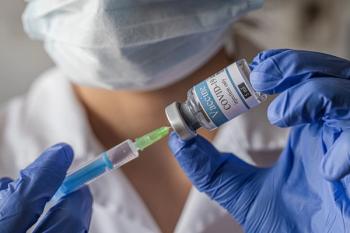
Optometry's struggle continues over increasing government regulations
As the author follows the Republican presidential debates, he is constantly reminded of how increasing governmental regulations are affecting his entire life.
After a few technical challenges, we successfully converted from submitting claims in the older 4010 format to the newer 5010 format. Completion of this governmental regulation is required by Dec. 31 or no claims can be transmitted; therefore, cash flow will all but cease. If you currently use a clearinghouse, this task will be made much easier.
Of course, the incredible expense and infringement on our clinic time to change to electronic health records (EHRs) will be extremely painful. Conversations with my colleagues who have already converted reveal the lost efficiency in their practices during the first several months of implementation.
The Health Insurance Portability and Accountability Act (HIPAA) Security Rule prevents physicians from communicating openly about their patients, which has a negative impact on patient care.
But never fear; help is on the way. At Vision Expo East 2012 in New York City, March 22-25, optometrists can catch up on all of the coming changes by registering for the governmental regulations course track. This special 6-hour presentation will review all of the information concerning federal incentive programs, meaningful use, Physician Quality Reporting System (PQRS), and EHR software selection strategies.
Register early for this program because the courses will sell out early.
Kirk L. Smick, OD, FAAO, is chief of optometry services at Clayton Eye Center, Morrow, GA, and an owner of the facility. Dr. Smick also serves as a technical advisor to many companies in the ophthalmic industry and has helped pioneer several visual advances, including bifocal contact lenses.
Newsletter
Want more insights like this? Subscribe to Optometry Times and get clinical pearls and practice tips delivered straight to your inbox.




























